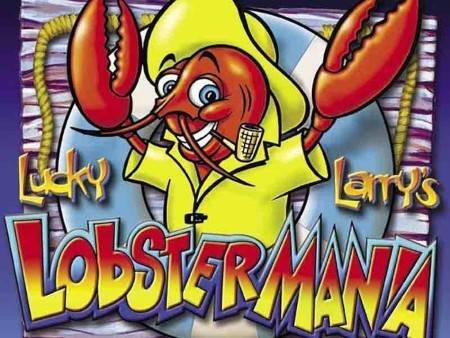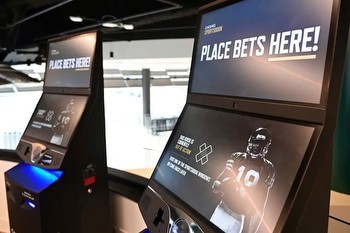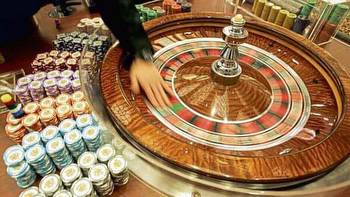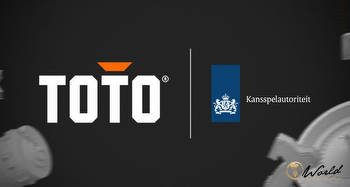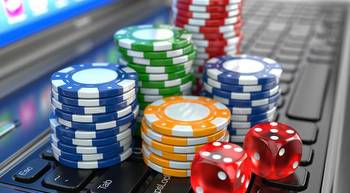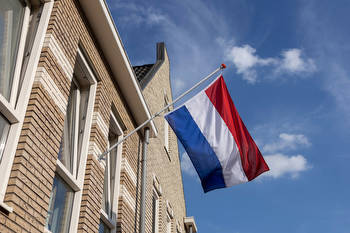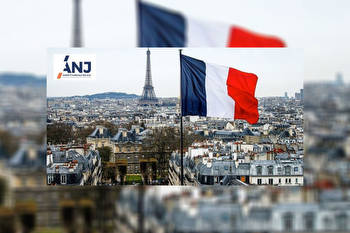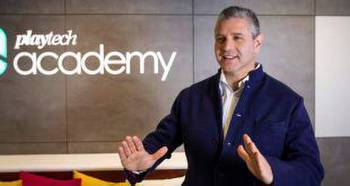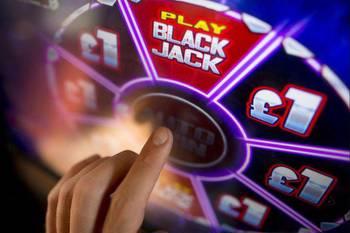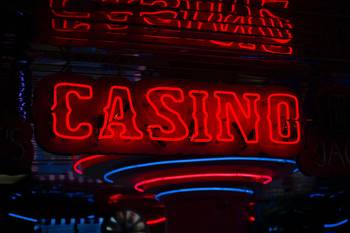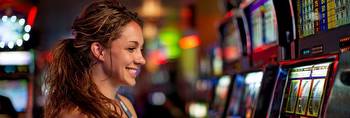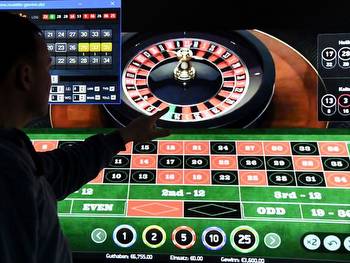Forbidden to minors but very accessible, gambling leads to risky practices
The share of so-called “problematic” players among young players aged 15 to 17 has more than tripled, according to a survey commissioned by the National Gaming Authority.
Despite the ban on the sale of gambling and games of chance to minors in tobacconists and on the internet, more than a third of them gamble, with risky practices for a growing proportion of these young people, reveals investigation.
Read also“Children are the first victims of overexposure to screens”
Commissioned by the National Gaming Authority (ANJ) from the Sedap association (Society for mutual aid and psychological action), this survey of 5,000 young people aged 15 to 17 reveals that 34.8% of them were players in 2021, from the age of 13.3 on average, a practice “a little more pronounced in boys” and “widespread in all socio-cultural circles”.
Although the protection of minors is a public health priority, the part of the players said “problematic” – i.e. at either moderate or excessive risk of losing control of their practice – among young players aged 15 to 17 has more than tripled: from 11% in 2014 to 34.8% l last year. Relative to the general population, this represents more than one in ten young French people (12.1%) aged 15 to 17.
Among the gamblers surveyed, fans of lottery or draw games have few risky behaviors, while gamblers “excessive” already practice various online games, legal or illegal: slot machines or online casino games, bets on esports competitions -prohibited in France-, financial bets, poker… These problem gamblers declare “to be returned (to play) another day to recover”to have “bet more money” that they couldn’t “to afford to lose” and to have “need to bet more and more money to have the same excitement”. They have “sold something or borrowed to get the money to gamble” and the game caused them “health problems including stress or anxiety”even “financial difficulties”.
And while advertising encourages many young people to play, some say “to be overwhelmed” by the advertising spots and sponsored content of Winamax, la Française des jeux (Loto, Euromillion, Illiko, Parions Sport) followed by those of Betclic, PMU, Zebet and Poker Starsk, in particular on Snapchat, Instagram or Twitch, musical applications or phone games. One “Massive use of influencers – tipsters, reality TV influencers, rappers”, promotes prognostic or sports betting sites such as Winamax, Betclic, Unibet, Vbet, Zebet. This hype reinforces the beliefs of young people around gain: “It allows me to imagine what I could buy with my winnings”they say.
Seven out of ten young people know that the sale of gambling is prohibited to them, but more than half consider “very or fairly easy” to play scratch cards, participate in draws or bet on sports betting at a tobacconist, yet required to verify that their customers are of legal age. Among young players, 45.7% play with their mother and 35.7% with their father. Gold “the earlier the game of money and chance begins, the greater the risk of addiction”underlines Isabelle Falque-Pierrotin, president of the National Gaming Authority (ANJ), an organization which at the end of January asked licensed gambling operators to strengthen the protection of minors. “They must provide parental control software, reinforce information on the ban on minors, on all game and communication media, as well as their identity control devices. The FDJ in particular must further strengthen the controls of its points of sale and provide for stricter sanctions as soon as the first breaches are observed.says Morgane Ustruy, in charge of the protection of minors at the ANJ.
Read alsoThe FDJ driven by its digital breakthrough
On Wednesday the FDJ promised 2000 checks this year and “penalties” for “retailers caught in the act”: they will see their accreditation suspended for “15 days”, announced its CEO Stéphane Pallez. The ANJ must soon publish guidelines to regulate the advertising practices of gambling operators.







